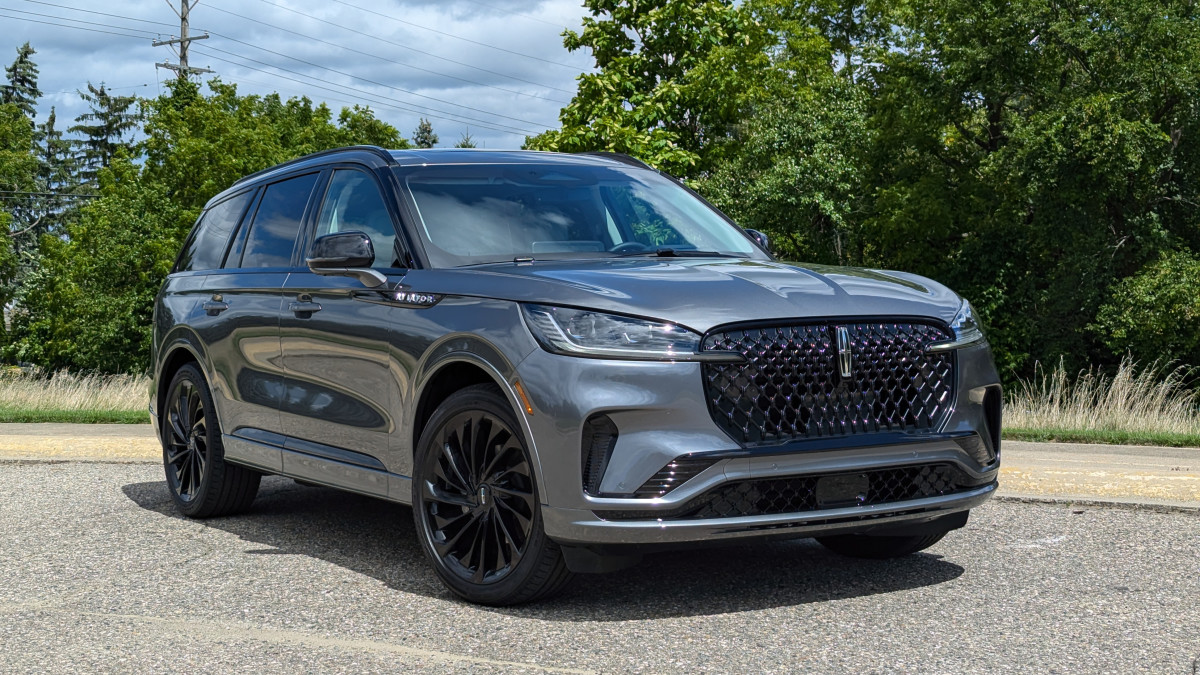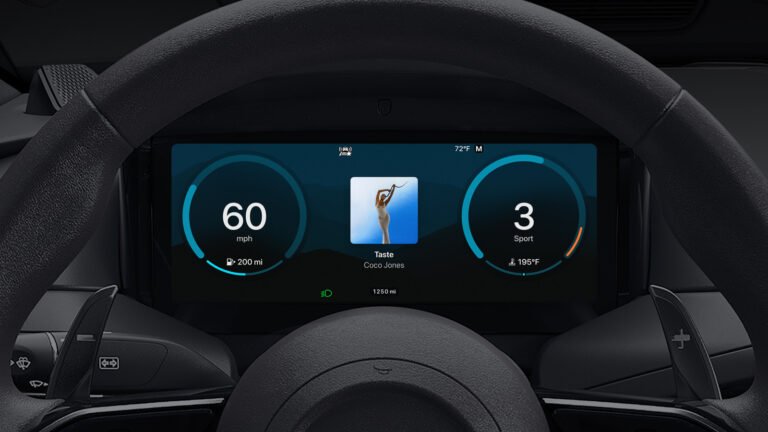
Recalls Keep Mounting as Quality Concerns Persist
Ford’s long-standing struggle with quality control remains a persistent issue, making headlines. Just this month, the automaker has been dogged by a string of recalls, and it’s not just its mainstream models that are affected. Even the high-end offerings aren’t spared.
Last week, the Lincoln Aviator was recalled due to seat switches that could stick. The luxury midsize SUV shares its bones with the Ford Explorer but promises a more refined experience. Instead, what customers are getting is another reminder that even premium badges can’t escape the effects of rushed manufacturing and supplier issues.
But that isn’t the only problem with those Lincoln Aviators. In a safety recall filed with the National Highway Traffic Safety Administration (NHTSA), Ford disclosed that more than 132,000 units of the 2020–2025 Lincoln Aviator are being recalled due to trim components that may fall off while the vehicle is in motion. It’s a basic problem, but one with potentially dangerous consequences. And for a brand that markets itself on quiet luxury and craftsmanship, it’s another credibility blow.
Zac Palmer
Body Panels That May Detach While Driving
The issue centers around the Aviator’s rear door C-pillar appliques and window division bars, which Ford says could detach while the vehicle is in motion. These parts are supposed to remain securely fixed to the rear side doors. Instead, due to improper application pressure during assembly at a supplier facility in Mexico, the adhesive bonding may be insufficient, leading to components separating from the body.
The problem is similar to the B-pillar appliqué issue on half a million older Ford Explorers, which, like this latest recall, can become a hazard on the road.
In both cases, the defect poses a clear safety risk. Flying trim pieces, even if lightweight, can create hazards for other drivers on the road. As of late May 2025, Ford confirmed it had received 1,105 warranty claims related to this issue, though it says there have been no reports of crashes or injuries. The problem affects Aviators built between October 19, 2018, and May 30, 2025. It’s the kind of oversight that should have been caught long before vehicles left the factory floor.
Zac Palmer
A Problem That Could Have Been Prevented
Ford says the solution will involve either repairing or replacing the affected components. Owners will be notified by mail starting late July 2025 and instructed to bring their vehicles to a Ford or Lincoln dealer for the fix, free of charge. While the exact timing of the permanent remedy rollout is still being finalized, interim notices will go out between July 28 and August 1. Dealer alerts begin July 22, and vehicle VINs will be searchable in Ford’s database from that date onward.
For now, if you own a Lincoln Aviator that’s part of the affected model years, or you know someone who does, it would be safe to double-check the C-pillar regularly until the fix gets rolled out.
Lincoln


